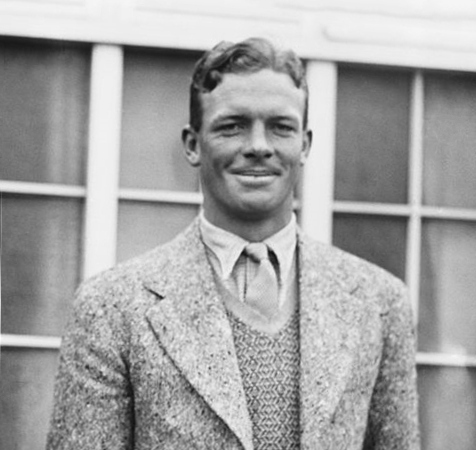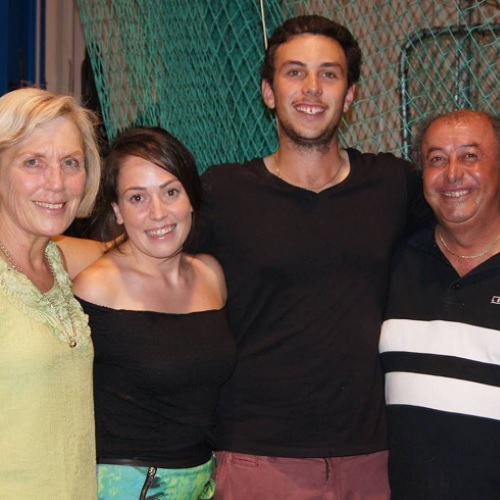My new friend, Mr RJ Crisp
Terry Psarakis | May 03, 2023

In the Australian winter of 1972, at the age of 15, my parents sent my sister and me to Greece to meet our relatives for the first time.
We were Monemvasia (southeast corner of the Peloponess) and sitting at a table in my Uncle’s restaurant.
A gentleman beside us overheard me speaking and reached across to ask if I was English. I politely answer “No I’m Australian”.
He became quite enthusiastic and wanted to know what was going on in the world. He asked about South Africa and I told him apartheid existed. He then asked me if I followed cricket.
I said yes and that Ian Chappell was the new captain of Australia and leading the Australian team to England for the Ashes as we speak.
He then asked if I had heard of Don Bradman. I had.
He then said, “I had him caught behind but your umpires gave him not out”.
He also said he was in Wisden (known as the voice of cricket) although he didn’t tell me why.
The gentleman quietly asked, “If I wrote a little note for Bradman, would I be good enough to send it on?”
I politely said I would and he then proceeded to write a small note.
I had no idea who he was but thought I should at least ask him for his autograph. He happily signed the piece of paper I had close by.
On my return to Australia, I sent my new friends note to Don Bradman.
Those that know me, know I have a penchant for collecting autographs, especially those who have played test cricket. At the time of writing, I have over 350 Australian test cricketers’ signatures either individually or on team sheets and 250 or so international test players.
So when I sent the note to Bradman, I thought it’d be the best opportunity to ask him his autograph. It didn’t take long before a very excited teenager received Don Bradman’s autograph in the mail.
So who was my new friend?
With his autograph in hand, I looked up the Who’s Who of Test Cricketers and Wisden.
I found him in Wisden and he was there because he’s the only bowler in first-class cricket who four wickets in four balls twice. He took 278 first-class wickets at 19.88.
He played cricket for Rhodesia, Western Province, Worcestershire, and South Africa. He had climbed Mt Kilimanjaro twice, became a reporter with the London Daily Express, ran a duck farm, was an A’s tank commander in the Western Desert was wounded and awarded the Distinguished Service Order and Military Cross. He published a book about his wartime experiences and then while living in England ‘opted-out’ and went to live a rather hermit-like life on a Greek island. Apparently, he was suffering from an incurable disease.
The gentleman’s name was Robert James Crisp. He led an exceptional life.
When I was 19 I returned to Greece to again visit family. I was also keen to find my friend but my relatives told me that Robert had moved away.
He died in England on the 3rd March 1994 at the age of 82.









